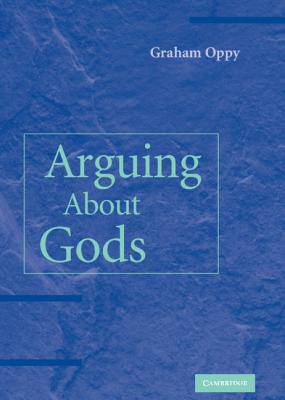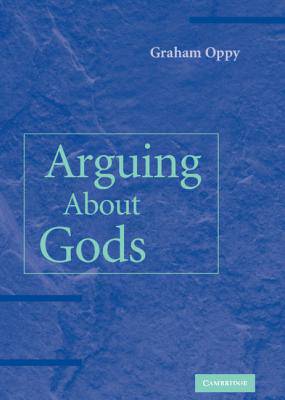
- Afhalen na 1 uur in een winkel met voorraad
- Gratis thuislevering in België vanaf € 30
- Ruim aanbod met 7 miljoen producten
- Afhalen na 1 uur in een winkel met voorraad
- Gratis thuislevering in België vanaf € 30
- Ruim aanbod met 7 miljoen producten
Zoeken
Omschrijving
In this book, Graham Oppy examines arguments for and against the existence of God. He shows that none of these arguments is powerful enough to change the minds of reasonable participants in debates on the question of the existence of God. His conclusion is supported by detailed analyses of the arguments as well as by the development of a theory about the purpose of arguments and the criteria that should be used in judging whether or not arguments are successful. Oppy discusses the work of a wide array of philosophers, including Anselm, Aquinas, Descartes, Locke, Leibniz, Kant, Hume and, more recently, Plantinga, Dembski, White, Dawkins, Bergman, Gale and Pruss.
Specificaties
Betrokkenen
- Auteur(s):
- Uitgeverij:
Inhoud
- Aantal bladzijden:
- 472
- Taal:
- Engels
Eigenschappen
- Productcode (EAN):
- 9780521122641
- Verschijningsdatum:
- 5/11/2009
- Uitvoering:
- Paperback
- Formaat:
- Trade paperback (VS)
- Afmetingen:
- 152 mm x 229 mm
- Gewicht:
- 612 g

Alleen bij Standaard Boekhandel
+ 137 punten op je klantenkaart van Standaard Boekhandel
Beoordelingen
We publiceren alleen reviews die voldoen aan de voorwaarden voor reviews. Bekijk onze voorwaarden voor reviews.











